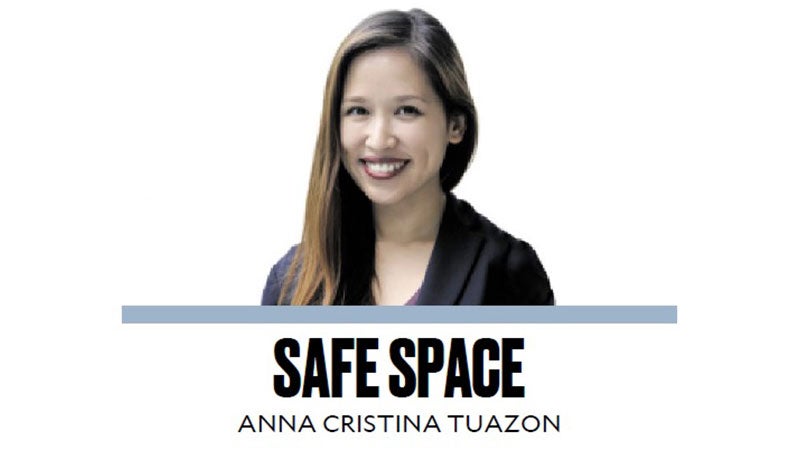Time for a relationship check

It’s that time of the year when we celebrate Valentine’s Day. Beyond just thinking about where to dine, perhaps it would also be a good time to check in on your romantic relationships. You do not need to be in crisis or at a crossroads in your relationship to benefit from having a reflective conversation with your partner about how the relationship is going. In fact, most couples who enter formal couples counseling tend to do it too late—they’re either already at the brink of breaking up or their reserves of trust in each other are severely depleted. If one is proactive in strengthening the foundations of one’s relationship, we can prevent crises and have more tools at our disposal to tackle the challenges ahead.
A romantic relationship is not an unconditional one. Even as we profess to stay together “forever,” we also set limits and restrictions. There is “forever”—at least as long you follow the rules. Most commonly, there is a strong expectation of being monogamous or not entertaining any other intimate relationship. There is also a more general sense of responsibility, especially if one has children. Couples divide and assign household and child-rearing tasks. If finances are pooled together, there are certain rules on what can be spent and who contributes how much. Then there are the unspoken rules: “You must remember my birthday and do something about it.” “You must take my side when I am ranting about my boss and coworkers.” “You must not go out with a person of the desired sex without my knowledge.”
The first thing to clarify in a relationship check-in: What are our current rules? What do we expect from each other? This is important because a lot of conflict among couples arise from misunderstandings of such expectations. If we talk openly and honestly about our expectations of each other, we can minimize majority of relationship challenges. You’d be surprised at how your partner has been holding dearly to a rule that you didn’t even know existed!
Rules are not unilateral. They need to be talked about because they require mutual agreement. Rules need to be reasonable, realistic, and flexible. Rules should support the relationship, not dictate it. Do you both agree on how birthdays and other milestones should be celebrated? Are you on the same page when it comes to one’s friendships with others? Are you both aware of what behaviors require each other’s consent? If sensible rules and agreements are in place, one can relax and enjoy the relationship more since there would be fewer guessing games and your needs can be easily met.
The next thing to consider is the health of the relationship. A relationship is healthy if it promotes individual growth and where the relationship itself is experienced as a source of support and strength. In attachment theory, we have a concept called a secure base. If our attachment to our partners is secure, then we are better able to explore and grow other areas of our lives. But if the relationship is high-maintenance or fragile, all our energy is spent on securing that relationship, leaving little left to grow our individual interests.
A healthy relationship serves as a secure base for us to explore and grow ourselves. It allows us to launch wholeheartedly into our passions, whether that is related to career or more personal pursuits. A secure base allows us to nurture and practice our values. When it comes to relationships, we have more space to practice kindness, compassion, and generosity of spirit. When we feel insecure in our relationship, jealousy and mistrust can hamper our ability to be the kind of partner we want to be. Does your relationship give you room to embrace other aspects of your life? Are you able to pursue personal goals alongside your relationship or family goals? Does your relationship help shape you toward being the person you want to be?
A healthy relationship is a relationship that heals. Using psychodynamic theory this time, we have a concept called the corrective experience. Even as we have experienced many interpersonal adversities and traumas in the past, such as strained relationships with family or abusive intimate relationships, one can heal via corrective experiences. While the burden of healing ourselves should never rest solely on our partners, the corrective experience of being loved and accepted for who we are can be transformative. Because of experiences with abandonment and rejection, some people develop a core belief that they are unlovable; being loved can break this curse. Does our current relationship improve how we see our worth? Am I able to let go of perfectionism and be more compassionate toward myself and my partner? Am I more able to embrace change? Does our relationship help us to draw courage?
Let’s mark Valentine’s Day as a relationship check-in day. This keeps us from going adrift and ensures that our relationship is on stable ground.
—————-
aatuazon@up.edu.ph


















